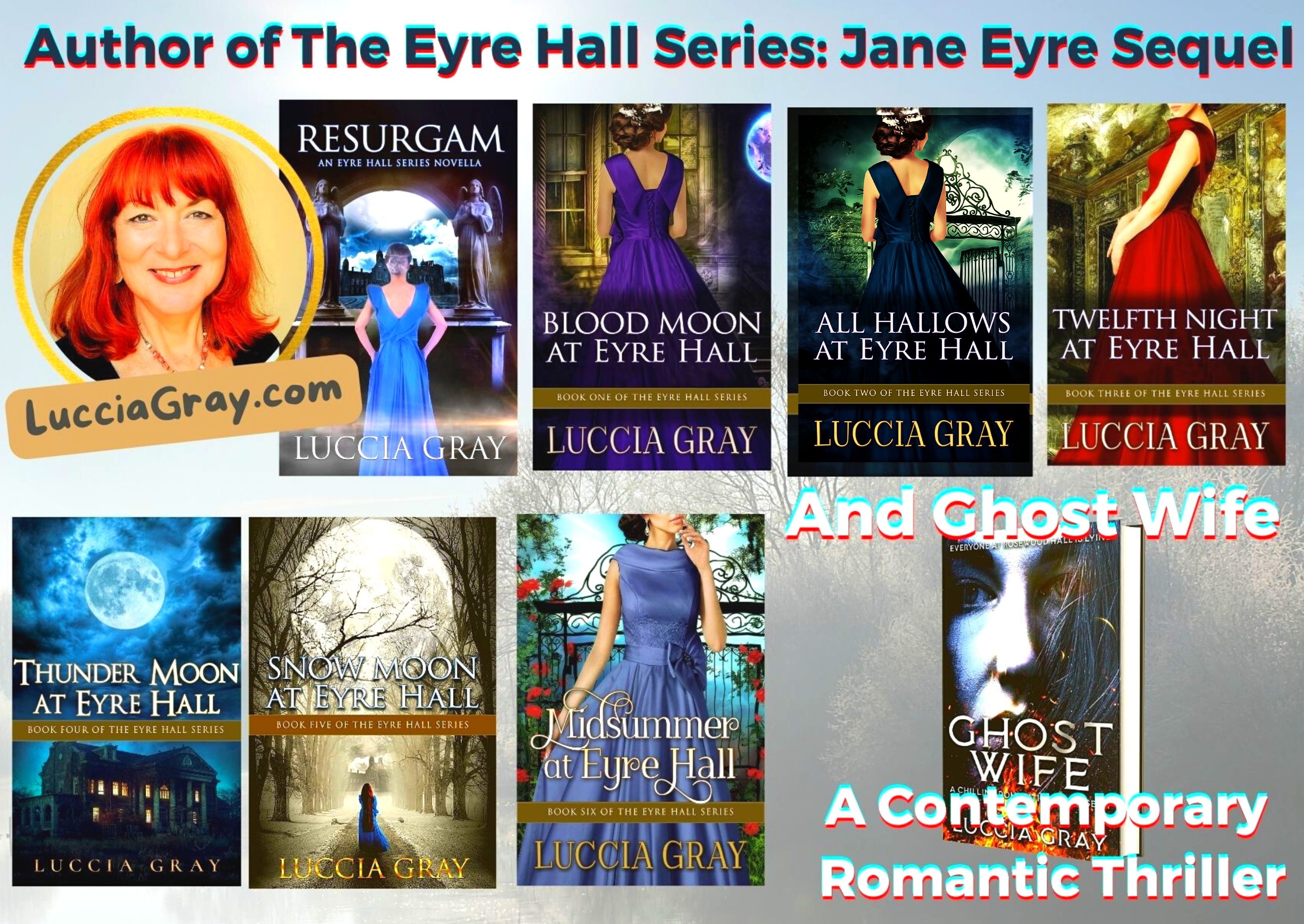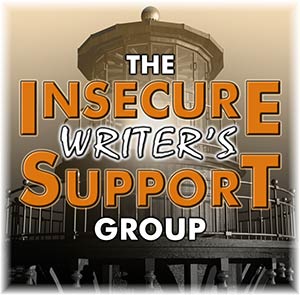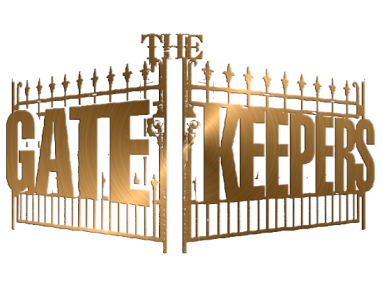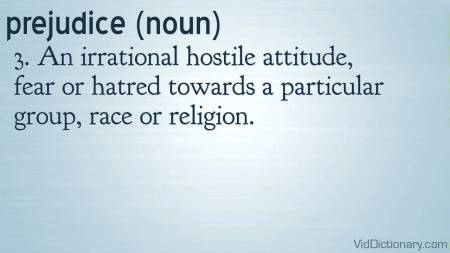This article is written as part of the monthly group posting of the Insecure Wtiters Support Group.
Today my insecurity is due to the prejudice against independent authors, from within and without the publishing industry.
Prejudice means disfavouring or disliking something without an objective or fair reason for doing so. Pride, on the other hand, can be a good thing if it means respecting yourself and feeling that you deserve to be respected by other people, however, it can be a very negative quality if it means feeling that someone considers they are more important or better than others.
When pride is coupled with prejudice, the latter meaning is implied, as in Jane Austen’s classic novel, in which love was denied and lives almost ruined due to unreasonable pride and unjustified prejudice.
My point today is the pride and prejudice endured by published authors, like me, who do not have a traditional publishing house or agent to back them, that is, Independent or Self-Published Authors.
If a traditional publisher acquires an author’s work they make most of the decisions and take on all the expense involved with producing the work. On the other hand, independent authors make their own decisions about when to publish on one of the digital self-publishing platforms, or in paperback. Indie authors have to make all the decisions and cover all the costs, such as hiring freelance editors and proof readers, cover artist, book formatter, and publicist, or they can do it (or part of it) themselves.
Why are independent authors listening to unfair criticism and dismissal by readers who say, ‘I don’t read self-published authors’, booksellers who say, ‘we don’t stock self-published authors’, and other writers who say, ‘self-published authors are lazy writers taking short cuts’ (Sue Grafton).
I wonder if they would dare say the same of independent film producers, musicians, or artists, who are usually respected by critics and the public.
Who are the gate keepers?
Why is it that most self-published titles are not given the same respect or consideration, by readers, book-sellers, and writers, that traditionally published writers receive?
I’ve seen plenty of traditionally published novels, some are even big names, with negative reviews and very low sales ranks, proving that traditional publishers and agents aren’t doing their jobs as well as they like to assume.
Perhaps authors who would have approached an agent or publisher are preferring the independent route, sidestepping the traditional gatekeepers.
Today, thanks to the digital revolution in publishing, and the growth of publishing platforms, readers are the new gatekeepers. We should all be concerned with reaching readers and giving readers a quality product, which is well written, well-edited, proof read, and formatted, whether it’s erotica, historical, crime, dystopian, literary, or whatever genre.
Most indie authors sell their novels at 2.99 and occasionally at 0.99. When a big name author publishes at $16.00, they have to prove their novel is 16 times better value for money than an independently published novel, and quite honestly, it’s often not worth it.
I’ve been an English teacher all my life. I’ve read most of the classics, in English, French, and Spanish, and taught English literature from Anglo-Saxon verse to spoken word poetry. I still reread the classics regularly, but 90% of what I read today are other self-published authors in an attempt to support the brave and hard-working writers, who are walking up the down staircase in a very competitive industry, and in spite of this producing good quality work. consequently, I’ve had the pleasure of reading dozens of well written self published books last year. You can check out my reviews on this blog.
Don’t be proud or prejudiced, and don’t let anyone tell you what to read. Read whichever style or genre you prefer. Check the blurb, skim through some of the reviews, and read the first 10%, it’s free, and then decide whether you want to read the rest of it or not.






There are several self published books I have on my ereader that I had no idea were self-pubbed when I bought them. The cover, the marketing, the writing were all at the level of traditionally published books. The hardworking indie authors out there are unfortunately mired by those flooding the market with poor material. Sad is many of them are well-intentioned, but lack either the start-up funds or the knowledge to put out a quality product. I agree, each work should be weighed on its own and not assumed to be poor quality!
LikeLiked by 1 person
Thank you for dropping by and commenting:) I think a lot if readers read self-published books and don’t notice or care as long as they enjoy it! It’s the snobbery I find so unfair, with all the talent, work and effort self-published authors put into their novels.
LikeLike
Great point. I think one possible reason is that traditionally published authors only have to do one part of the process well, whereas indie authors need to do or oversee everything.
For instance, I’ve read a book by a self-published author who had several chapters where the final page of the chapter only had 2 or 3 words on it. This is something which isn’t necessarily ‘wrong’, but looks odd and a little unprofessional, which had an impact on how I received the book.
LikeLiked by 1 person
I agree that the final product has to be top quality, even if the price doesn’t even cover the costs most of the time! However I’ve also seen typos and terrible formatting in traditionally published Ebooks, although not as bad as you mentioned 🙂 Thank you for dropping by and commenting 🙂
LikeLike
I wonder if some of the bad rep for self-publication isn’t a hold over from the bad old “vanity press” days. Paying to get your book published has a huge stigma associated with it and some people probably assume today’s self-published author is yesterday’s vanity press author — someone not good enough to be published without paying for it themselves. But everything you say is true: Today’s self-published author is really an indie author, someone who has gone independent. And just like the indie work in the other arts, the quality of the product varies a lot. I don’t look at all at who published the book. I just look at the book. A slipshod job can have a huge impact on my opinion and impression of a work. For example, even professionally published books can look bad if care isn’t taken when transferring them into an e-book format. So what it boils down to is producing a high quality book no matter how you publish and hoping people look past how you did it and see what you did.
LikeLiked by 1 person
Thank you for commenting. I agree absolutely. Many people also forget that many great classical and contemporary authors self published their work, such as Dickens, Poe, Twain, and plenty more. So it’s not new at all. I think nowadays there are great professionals and tools and any writer can publish a quality product. It’s up to readers to choose which books they like.
LikeLiked by 1 person
Thanks, Luccia. You’re right. Traditional publishers publish what they think will sell well, and it’s their opinion (that might be correct or not). Only the biggest and best-known writers have the full support of the publishers these days. Many other authors, even traditionally published, find that there is no investment in the marketing of their books. I know a few authors who were doing well as self-published authors and when they signed contracts with one of the big publishers their sales dropped. As a reader I have also been reading mostly self-publishing authors for the last few years and I’m impressed by the originality and the level of quality of the writing. Every so often I get to review one of the traditionally published books through Net Galley, and although some are fabulous, I’ve found some that had received plenty of media attention and that to my taste could not compare with many of the self-published books I’d read.
LikeLiked by 1 person
Thanks Olga for your thoughtful comment. I have also spoken to some authors with publishing contracts who aren’t pleased with the support they’re getting from publishers. I think there are many great books to read out there, it depends on your preferred genre and style. It doesn’t matter who does the editing, formatting and printing as long as it’s well done.
LikeLike
What a hot topic, Luccia, I could go on about this for hours! I’m a traditional and self pub’d author.
Trad authors do more than one job, David, they are responsible for a lot of the marketing and promotion of the book and it isn’t easy getting past the gatekeepers if you take that route.
As a self pub’d author who pays for editors, proof readers etc, we have to understand that not all self pubbers do that and they are the ones who give us hard workers a bad rep and stop book bloggers etc wanting to review us over a traditionally published author.
The gatekeepers are money makers who are only interested in you if they think they can make money out of your product, whether it is good or bad, sometimes they get it wrong – hence the poor sales of big name and traditionally published authors.
My advice – product is everything! Write the best story you can, improve it, get a good editor, get a good proof reader and so… Then get it out there and let the people decide. And be proud of your hard work whether you’re a best seller or not 🙂
LikeLiked by 1 person
Thank you so much for dropping by and commenting, Fran 💗 I absolutely agree. I’m not interested in getting into quarrels about which route is better or worse, and I actually ignore such arguments usually because I’m busy reading, reviewing, and writing! But sometimes when bloggers or readers say they won’t read my book because it’s self-published, without even giving it a chance, I think WT… but then I just move on and think that they’re entitled to their opinion. It takes all sorts… Fortunately I’d say the vast majority of readers, bloggers, and reviewers I come across, are open minded and smart enough to decide if a book’s for them by reading the blurb and first few pages.
LikeLiked by 1 person
There’s a lot of good stuff out there, and a lot of not-so-good stuff. That is true whether the work is published traditionally or independently. Sometimes the decision about what is good and what isn’t is in the eye of the reader. The fact that book stores refuse to stock self-published work makes it difficult for writers. There is so much trash in many book stores they should do themselves, and their readers, a favour by stocking books by good indie authors.
I love your “life’s too short” pic – gorgeous! ❤
LikeLiked by 1 person
It can’t be easy for traditional booksellers adapting a new and evolving book market. I get the impression they’re way behind. I buy very few books in book shops. I do it like most people on Internet sites. They need to find their way into the new indie marketplace or perish… readers will buy their books elsewhere…
LikeLiked by 1 person
That’s very true. I think bookstores are finding it difficult, but it is still nice to go into a store and browse the shelves or leaf through a book when choosing books, especially as gifts. However I often go straight to my online bookstore for a recommended title, be it in paper, ebook or audio format.
LikeLiked by 1 person
As an Indie author, I would like to thank you Lucia for this perceptive and illuminating discussion. Spot on in my opinion.
LikeLiked by 1 person
Thank you, Mags, so glad you enjoyed the post. I have a feeling that attitudes are changing and many readers are no longer judging a book by its publisher:)
LikeLike